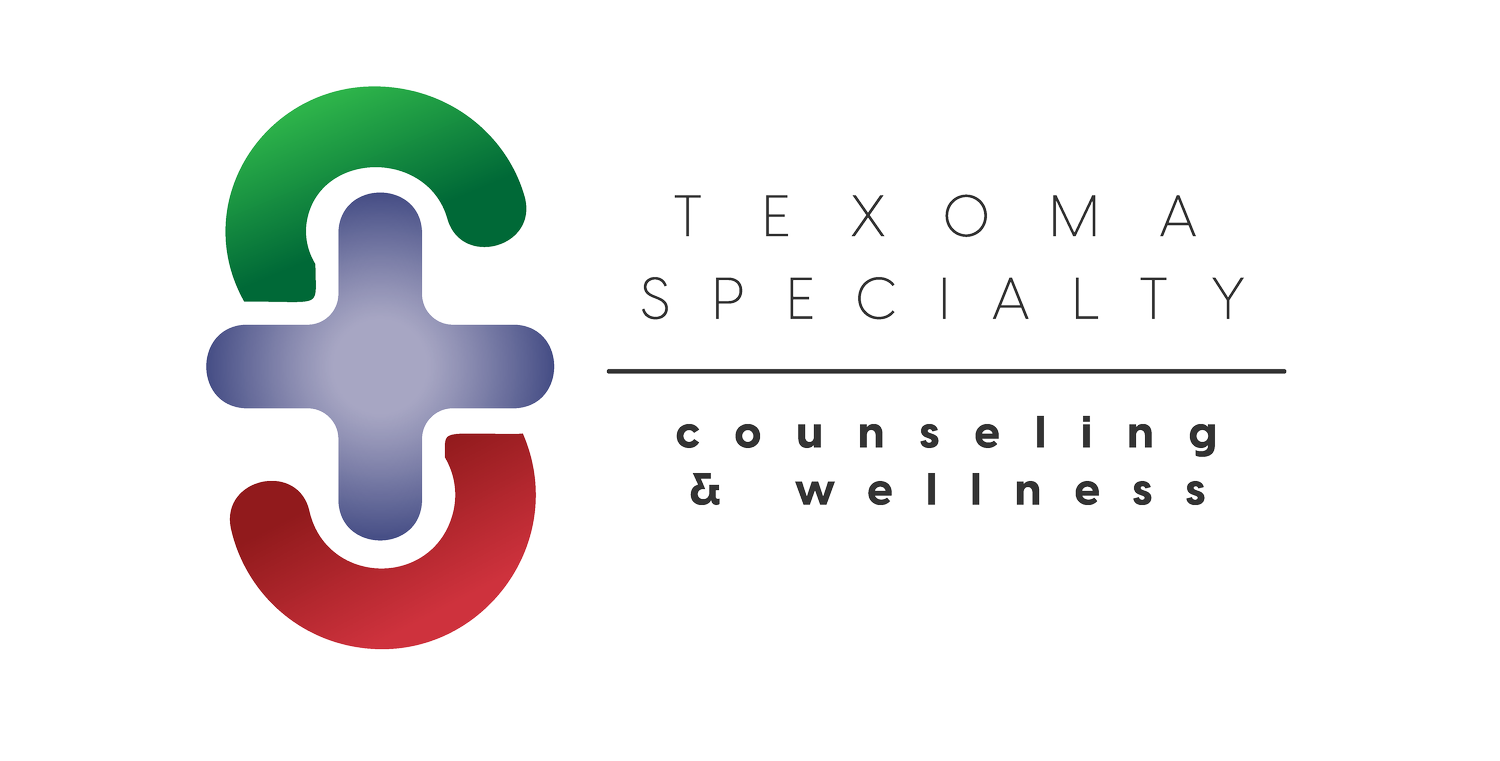Eating Disorder Awareness Week
Eating Disorder Awareness Week: Changing the Conversation
It’s Eating Disorder Awareness Week, a time suggested by the National Eating Disorder Association (NEDA) to educate and bring awareness to eating disorders.
Eating disorders are not just a phase—they are serious and complex illnesses that affect millions of people across all ages, genders, and backgrounds. Yet, harmful diet culture and unrealistic beauty standards continue to fuel disordered eating behaviors.
It’s time to change the conversation.
Why Eating Disorder Awareness Week Matters
After working with hundreds of young women, I’ve seen six major mental roadblocks that keep us from feeling “good enough.” These roadblocks fuel self-doubt, make it harder to embrace self-acceptance, and contribute to eating disorder behaviors.
One of the biggest roadblocks? Cultural beauty standards that glorify thinness.
Think about it—everywhere we turn, we’re bombarded with messages that tell us thin = better. We see it in magazines, on social media, in movies, and even in our own social circles.
👉 We’re pressured to diet.
👉 We’re taught that our value is tied to how we look.
👉 We believe we need to shrink ourselves to be worthy.
The Truth About Dieting and Eating Disorders
What is a diet? Any set of rules that tells you what, when, or how much to eat.
💡 Here’s the problem: Of the millions of Americans dieting at any given time, 30-35% will develop dangerous eating disorder behaviors.
Dieting is not harmless—it often leads to obsessive thoughts about food, guilt, and shame when “rules” are broken. For many, dieting is the gateway to disordered eating and full-blown eating disorders.
It’s time to change the narrative.
🔴 Let’s stop talking about diets.
🔴 Let’s stop commenting on people’s bodies.
🔴 Let’s stop equating self-worth with size.
Because your body size and shape do not define you.
What does matter? The person that you are and the good things that you do.
Next Steps: How You Can Help
Eating Disorder Awareness Week isn’t just about education—it’s about action. Here’s how you can be part of the change:
✅ Like this post to spread awareness.
✅ Share this message with your friends and family.
✅ Comment below—what’s one way you’re breaking free from diet culture?
✅ Change the conversation—start talking about health in a way that’s inclusive, empowering, and body-positive.
If you or someone you love is struggling with an eating disorder, you’re not alone. There is help, and there is hope.
💛 Reach out to Texoma Specialty Counseling today—let’s talk.


